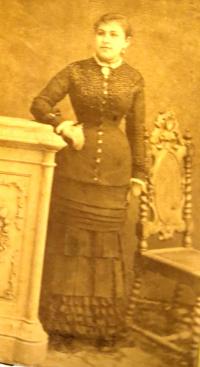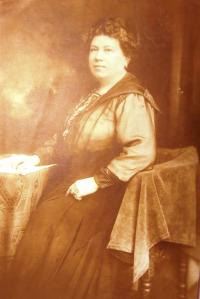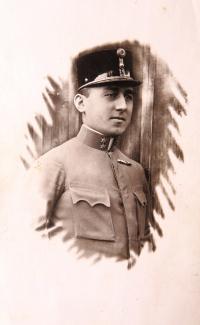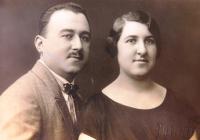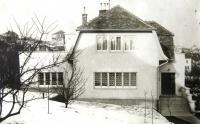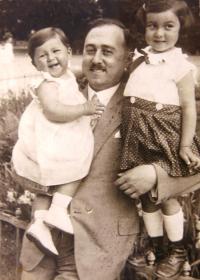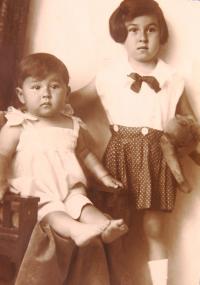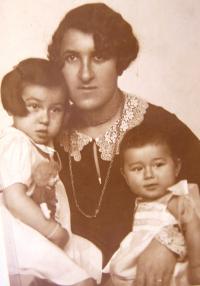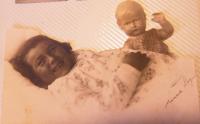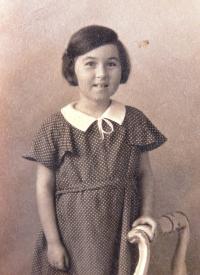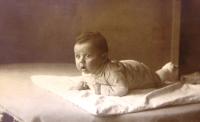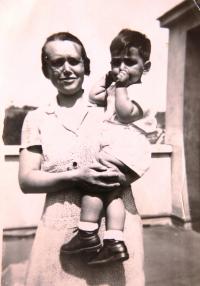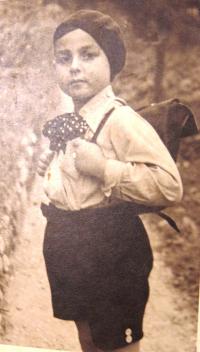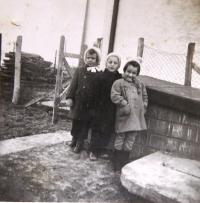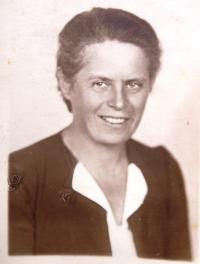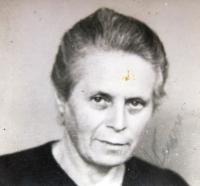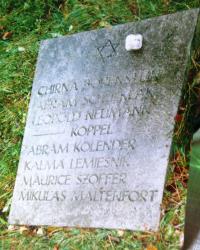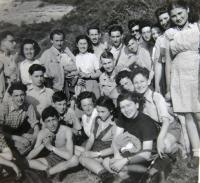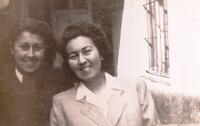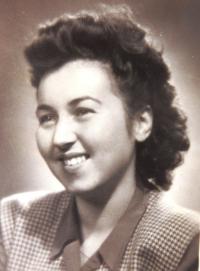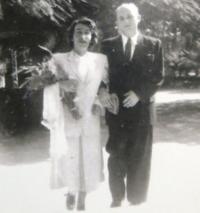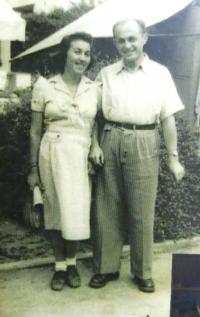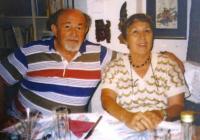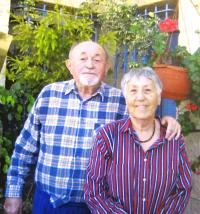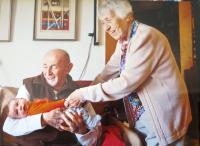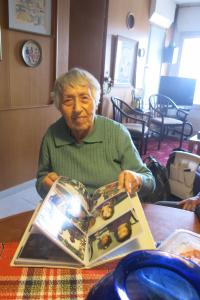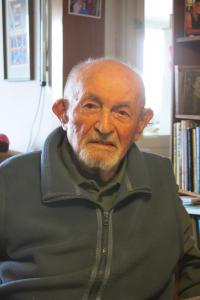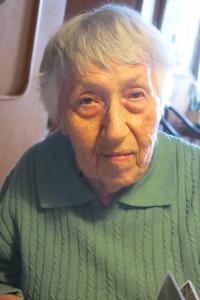There were times when I felt as if in another world
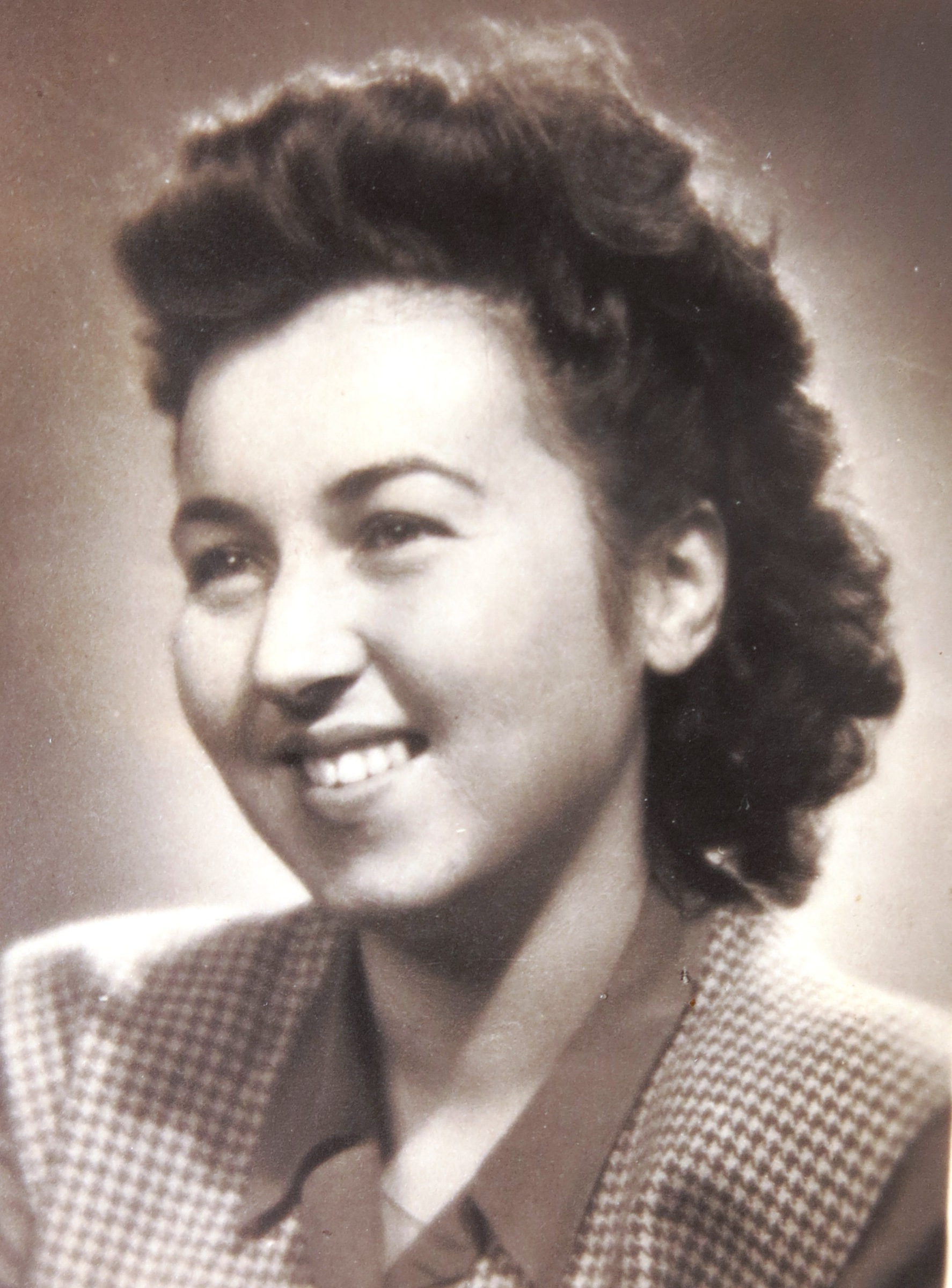
Download image
Ruth Mittelmann was born on August 17, 1925 in Bratislava as Charlotta Neumann. She comes from a middle class Jewish family and she had two younger siblings. As a child she suffered from skeletal tuberculosis and for two and a half years she was receiving treatment in a sanatorium in Leysin in Switzerland. After her return home she studied at the Jewish grammar school in Bratislava and the in Budapest. From 1938 she was a member of the Zionist movement Maccabi Ha Tzair. From 1944 the family was hiding in Christian families, but in autumn 1944 their hiding place was discovered and they were arrested. In November 1944 Charlotta was deported to the assembly camp in Sereď, and from there she continued to the concentration camp in Ravensbrück. While here, she met women from the destroyed Lidice, and at the end of the war they saved her from evacuation and death march. She survived in the camp to see its liberation and then she returned to Bratislava where she was reunited with her mother, brother and sister. Her father had died in a labour camp in spring 1945. After graduation from grammar school she completed a preparatory course for immigrants to Palestine, but she eventually left the Zionist movement because she wished to continue with a study of medicine. She emigrated to Israel in 1949 with her husband-to-be. After their arrival to the new country she adopted the name Ruth and together with her husband they raised two sons. From 1969 they have been living in Jerusalem and both she and her husband work as volunteers in the museum Yad Vashem.
